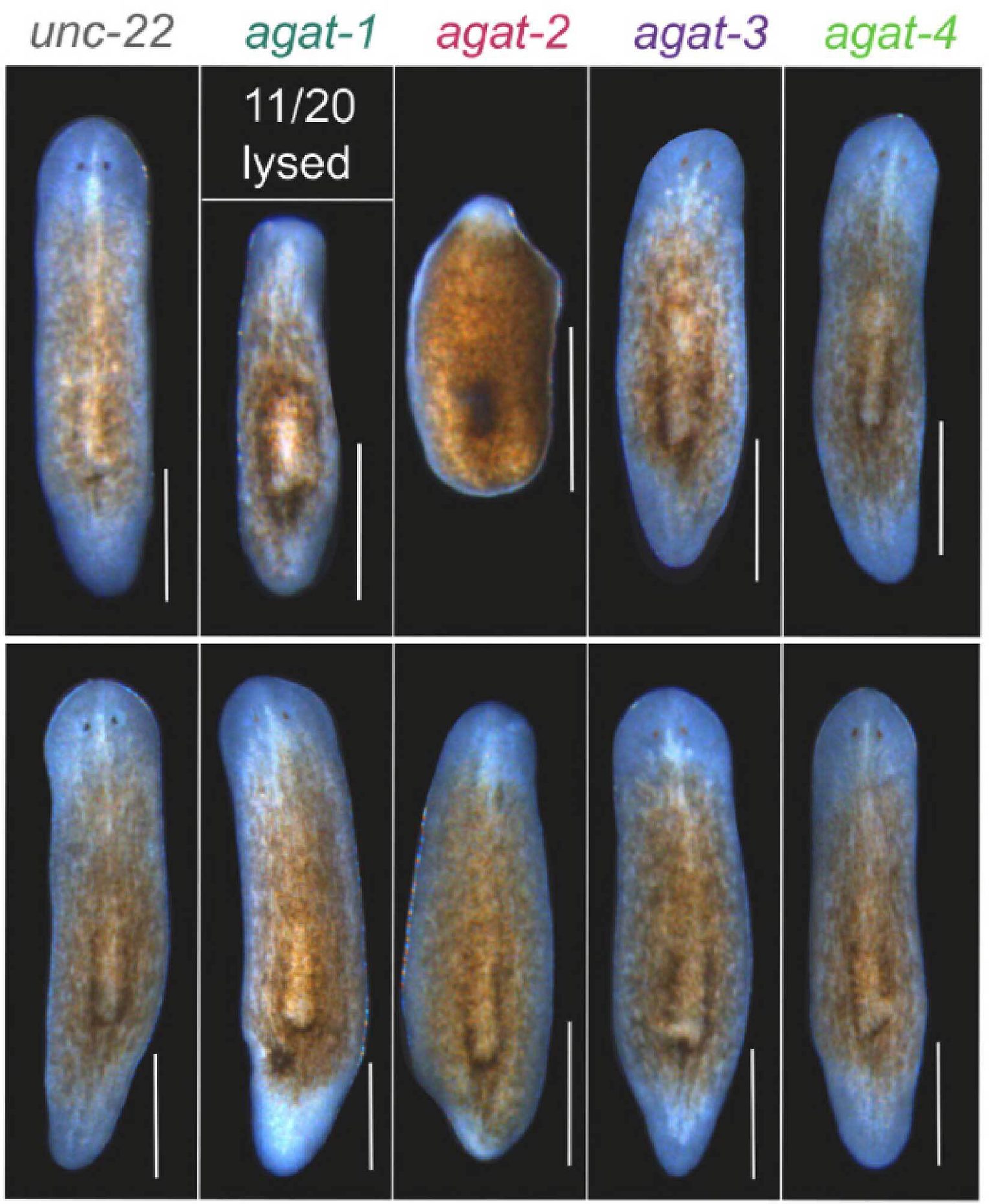Thirty-two years of continuous research funding from the American Cancer Society, with eighteen grants totaling over $2.1 million, combined with ten years as an American Cancer Society Research Professor has earned R. Scott Hawley, PhD, investigator and dean of the Graduate School at the Stowers Institute for Medical Research, a research service award from the American Cancer Society. Hawley received the award from the High Plains Division of the American Cancer Society at the Kansas City Cattle Baron’s Ball on June 13, 2015.
“Scott Hawley has changed the way the community thinks about cancer research,” says Bridgett Myers, senior director of Community Engagement of the American Cancer Society in Kansas City. “Dr. Hawley has a gift for explaining and discussing cancer research in a way that our volunteers and donors can relate to and understand. He gives us hope that what we are doing to raise the money, to support the research, is truly making a difference in the fight against cancer. We are forever grateful to Dr. Hawley for his service to the American Cancer Society.”
“I love reaching out to people to tell them why research matters and why it needs their support,” says Hawley. “I want cancer to one day become a disease that can be treated in the pharmacy. There are a few tools like that already out there, and there are a few more coming, but there is still a long way to go. In times like these when funding from other sources is very tight — in many cases levels of support for cancer research aren’t being maintained, much less increased — it is going to be up to us to stand up and gather the resources we need to make these big advances possible.”



